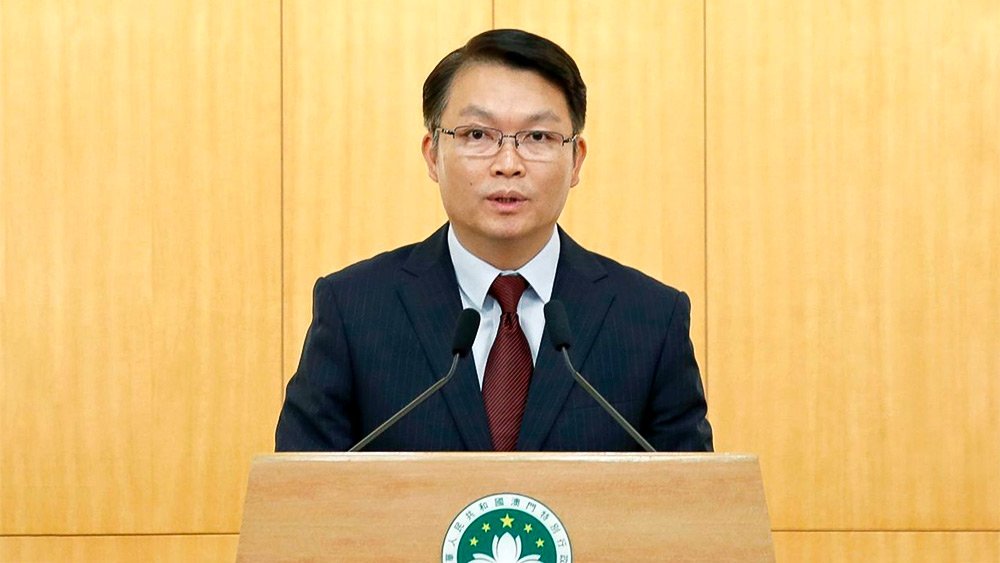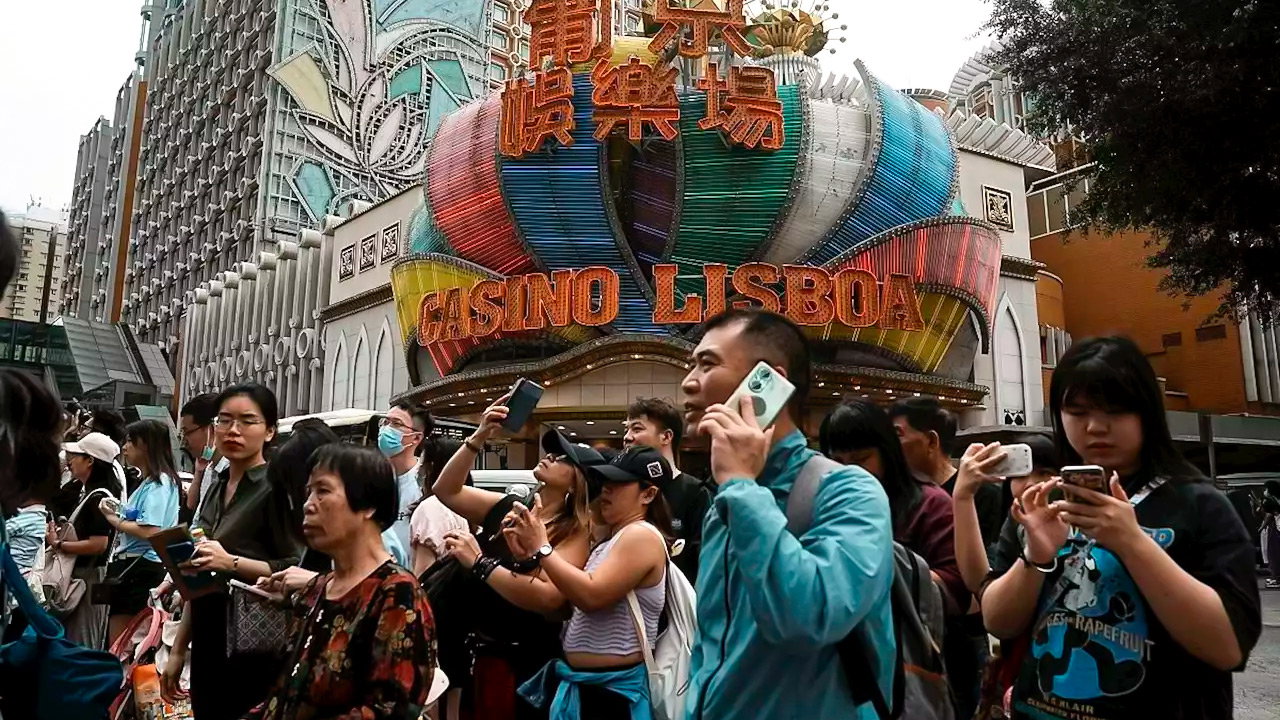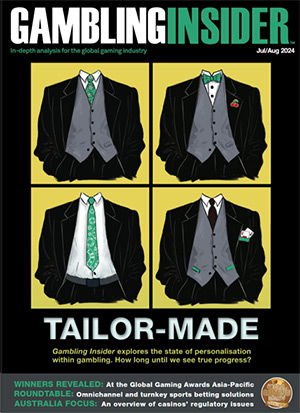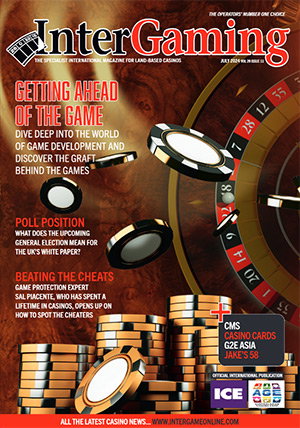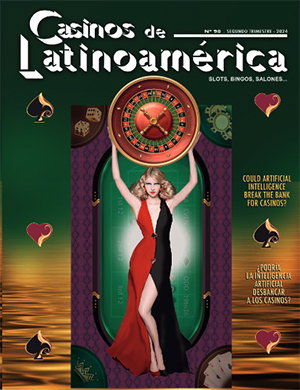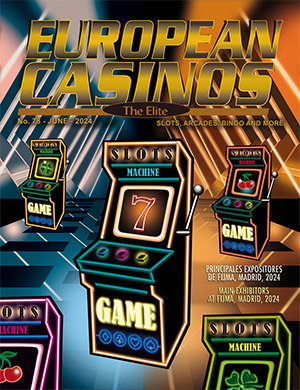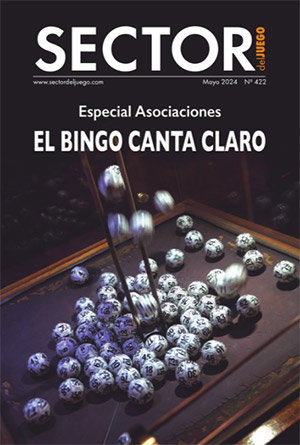Macau legislators bring up doubts over wording, deposits provision in new junket regulations bill

Macau’s Legislative Assembly (AL), whose standing committee is currently evaluating a new draft bill that will regulate junket operators, sub-agents and “satellite casinos” managing entities, has posited that the wording of the legislation could potentially allow for non-resident junket collaborators, reports Macau Business.
The legislation, which was first unveiled on March 31, is called “Regulations for operating games of chance in casinos.” If passed, it would replace the 2002 administrative regulations that currently govern licensing and activities of gaming promoters -most commonly known as junkets- and turn them into a new law.
The draft of the bill proposes a number of requirements. In order to obtain a license, gaming promotion companies will have to hold a social capital not inferior to MOP10 million (US$1.2 million). Additionally, a majority stake in the company must be held by a Macau resident, and the entity must not hold any gaming-related outstanding debts.
But the legislation also proposes requirements for junket sub-agents. This group, which was scarcely regulated by the previous legislation, consists mainly of people that collaborate with Macau junkets to introduce players, and was not previously licensed by the city’s government.
Macau's Legislative Assembly
The draft bill states sub-agents must be Macau residents over 21 years of age, prove their “suitability” and must provide a declaration by the junket they intend to establish a collaborator contract with, further reports Macau Business. But the second standing committee believes the bill could open the door to non-resident junket collaborators.
“They might not be residents but must prove suitability. There could be flexibility for non-residents to become collaborators,” Chan Chak Mo, President of the Second Standing Committee, told reporters. “Let’s say the client is Russian and they might ask someone who speaks Russian to provide support.”
However, Chan said this was the committee’s interpretation of the issue, which has not been specified by government officials. The bill further considers collaborators as self-employed freelance workers with no employment relationship with junkets, and are required to submit the contract to the Gaming Inspection and Coordination Bureau (DICJ) for approval.
Bill specifics
City officials said this bill will allow Macau’s gaming industry to develop in what has been described as a “healthy and organized” fashion. The draft bill determines junket operators are to be prohibited from contracting for the exclusive use of a casino gaming area for VIP clubs, and also banned from sharing gaming revenue with concessionaires, only able to receive a fee.
It also defines a management company -which have traditionally managed services at “satellite casinos”- as an entity managing all or part of a casino of a gaming concessionaire. Satellite facilities run under a license attached to one of the city’s concessionaires, but are operated by third parties on individually owned premises.
The bill was presented by Secretary for Economy and Finance Lei Wai Nong last month
The provisions in the new bill also state that junket representatives, collaborators or management companies found to have accepted “illegal” player deposits might be jailed for between two to five years, or fined up to MOP$1.5 million ($184,000). Collaborators would also be forbidden from extending credit to players, either personally or via a third party.
The DICJ will determine the maximum number of sub-agents allowed in the SAR annually until October 30. Together with the Financial Services Bureau (DSF), the regulator will oversee the correct enforcement of the new law, possibly soliciting the assistance of police authorities, reports Macau Business.
While legislation states that in the future junkets will only be allowed to do business with only one gaming operator each, concessionaires will be allowed to have business relationships with more than one gaming promoter. There are still doubts about the criteria to be used to define the maximum number of annual junket partner quotas a gaming operator will be assigned.
Legality of casinos accepting deposits now in doubt
Lawmakers of the Second Standing Committee also expressed doubts about the legality of gaming concessionaires accepting deposits from players in a mixture of cash and gaming chips, reports Macau Daily Times.
Chan told reporters the issue of the legality of deposits at casinos was raised given the bill establishes that junkets are banned from accepting any deposits from gamblers in both cash and gaming chips.
The draft bill states parties on behalf of a game promoter, management company or employee requesting, raising or accepting cash deposits, gaming chips or other funds provided by others through any means, are liable for a penalty ranging from two to five years of imprisonment.
But lawmakers have now raised questions as to what “third parties” would entail, and whether these include gaming concessionaires, further reports the cited source. Chan said the committee has sought advice from the AL’s Legal Advisory to clarify whether licensees can receive deposits from gamblers, as well as from the government.

“We want the government to clarify whether it is really ‘any person’ who is barred from receiving deposits as well as the reference made to ‘third parties',” the legislator said. “As the gaming concessionaires have not been listed this might indicate that they can accept deposits. We know they can issue loans but whether they can receive deposits is not clear.”
Lawmakers have also brought up an issue with the penalties to be enforced on junkets that are non-compliant with the new law, especially in regards to the maximum ceiling for their earnings and the non-reporting of contract alterations between junkets and concessionaires.
“The problem is that if they fail to comply there is a fine targeting the junkets ranging from 100,000 patacas to 500,000 patacas, but it seems like the rules only punish one side of the contract,” Chan said, according to Daily Times. “The penalties are always aimed at the promoters but never on the concessionaires’ side.”
There are only a few further articles of the draft bill left for the lawmakers to analyze, which expect to complete the first round of analysis by Friday. Meanwhile, a revised version of a general gaming law amendment also in discussion at the standing committee is also expected soon, but has not yet been submitted.



